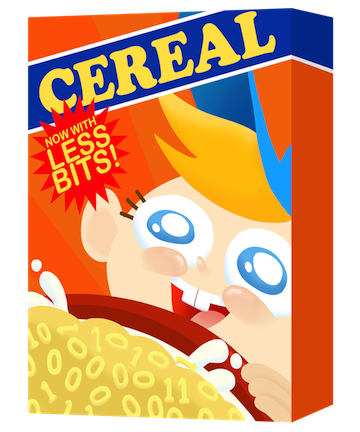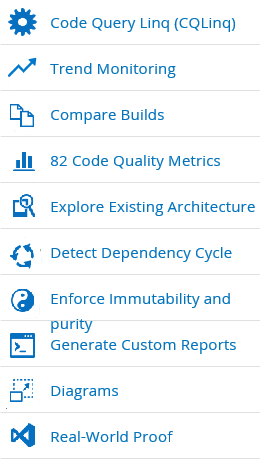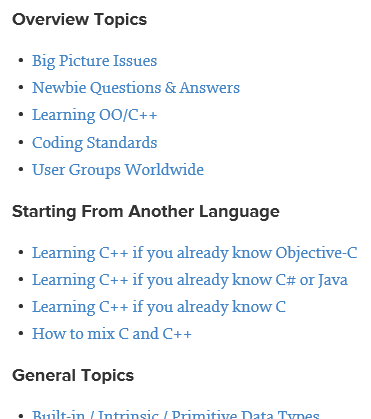cereal 1.0.0 is available
 cereal 1.0 is available:
cereal 1.0 is available:
cereal - A C++11 library for serialization
cereal is a header-only C++11 serialization library. cereal takes arbitrary data types and reversibly turns them into different representations, such as compact binary encodings, XML, or JSON. cereal was designed to be fast, light-weight, and easy to extend -- it has no external dependencies and can be easily bundled with other code or used standalone.
... cereal uses features new to C++11 and requires a fairly compliant C++ compiler to work properly. cereal has been confirmed to work on g++ 4.7.3, clang++ 3.3, and MSVC 2013 (or newer). It may work on older versions, but there is no emphasis on supporting them. cereal works under both libstdc++ and libc++ when compiling with g++ or clang++.


 New on Dr. Dobb's:
New on Dr. Dobb's: The Oracle Solaris Studio 12.4 Beta is now released and available for download.
The Oracle Solaris Studio 12.4 Beta is now released and available for download.
 The STE||AR Group has released V0.9.8 of HPX -- A general purpose parallel C++ runtime system for applications of any scale.
The STE||AR Group has released V0.9.8 of HPX -- A general purpose parallel C++ runtime system for applications of any scale.

